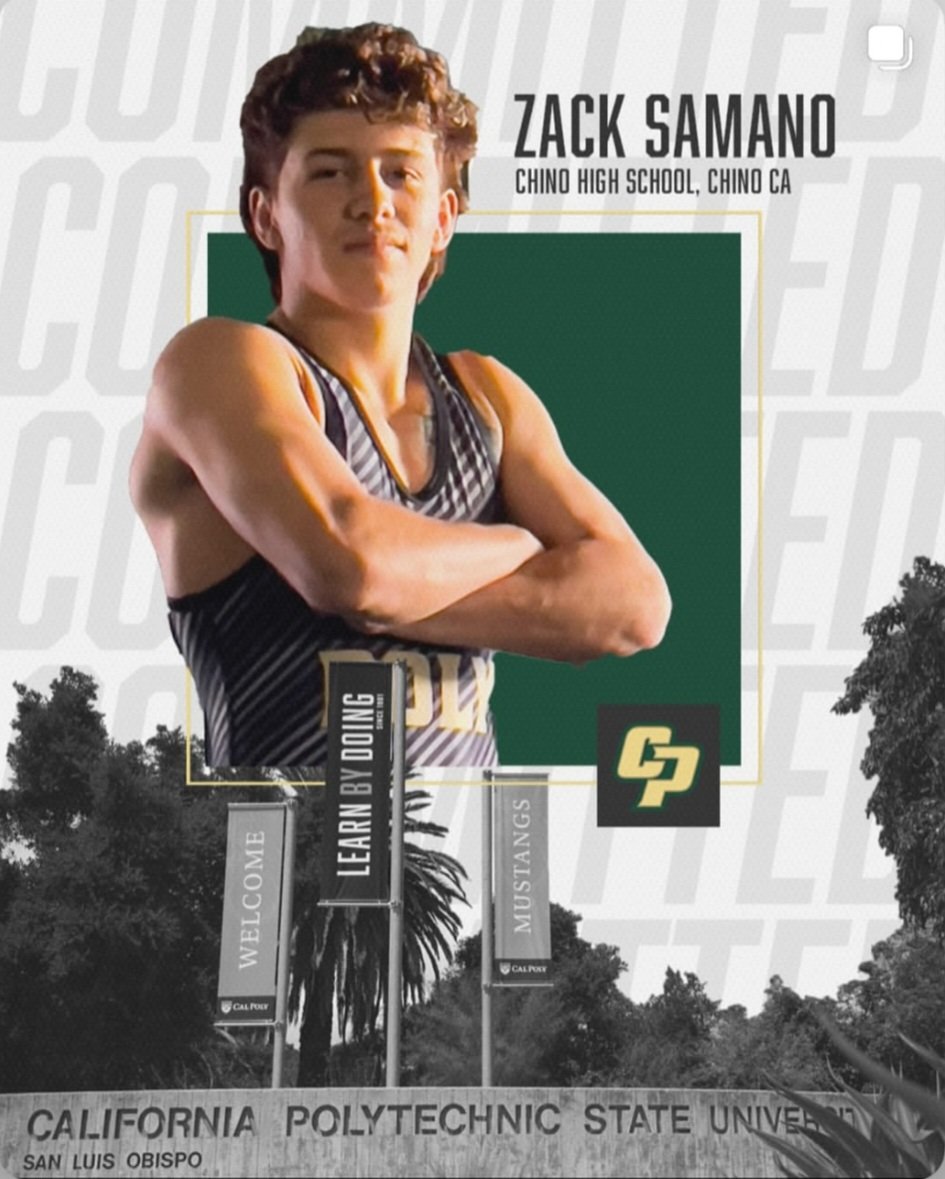A real president who can negotiate
-
Latest Rankings
-
Updated
-
Updated
-
Updated
-
Updated
-
-
College Commitments
Kellen Wolbert
Oconomowoc, Wisconsin
Class of 2026
Committed to Michigan
Projected Weight: 149, 157
Brady Brown
Derry Area, Pennsylvania
Class of 2027
Committed to Purdue
Projected Weight: 197, 285
Zack Samano
Chino, California
Class of 2027
Committed to Cal Poly
Projected Weight: 125
Shea Richter
Watertown, South Dakota
Class of 2026
Committed to Augustana (SD)
Projected Weight: 125, 133






Recommended Posts
Create an account or sign in to comment
You need to be a member in order to leave a comment
Create an account
Sign up for a new account in our community. It's easy!
Register a new accountSign in
Already have an account? Sign in here.
Sign In Now